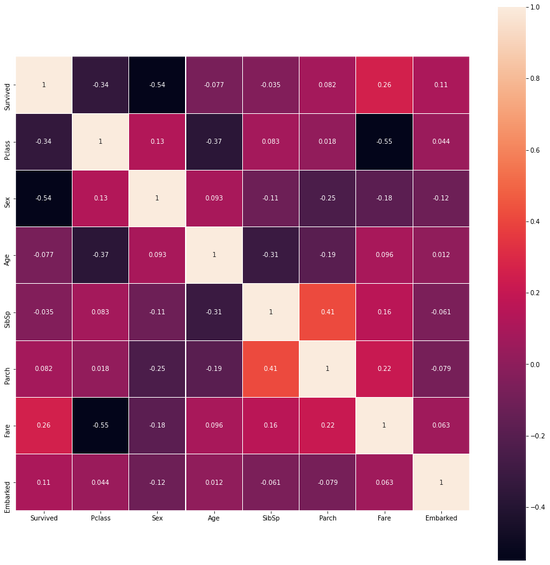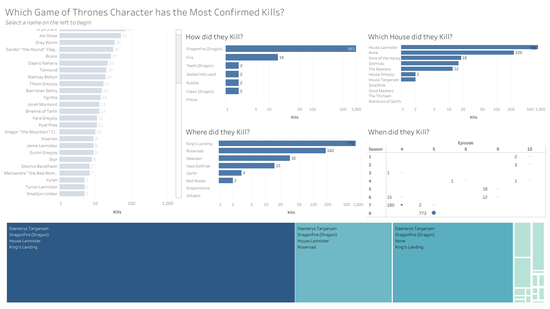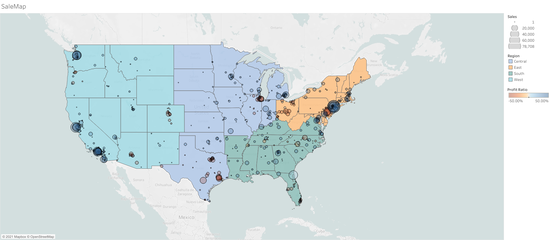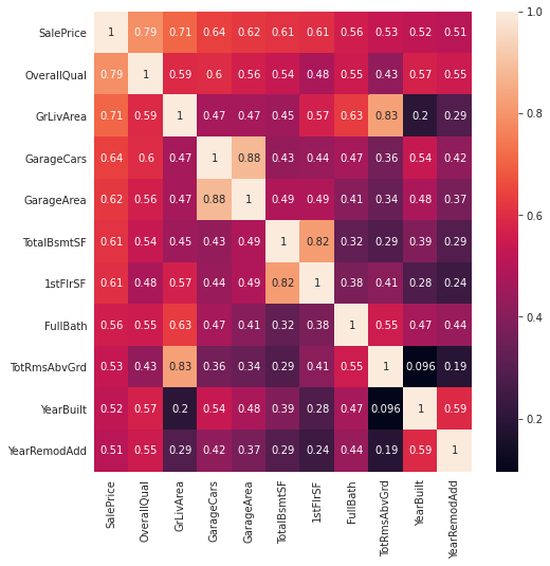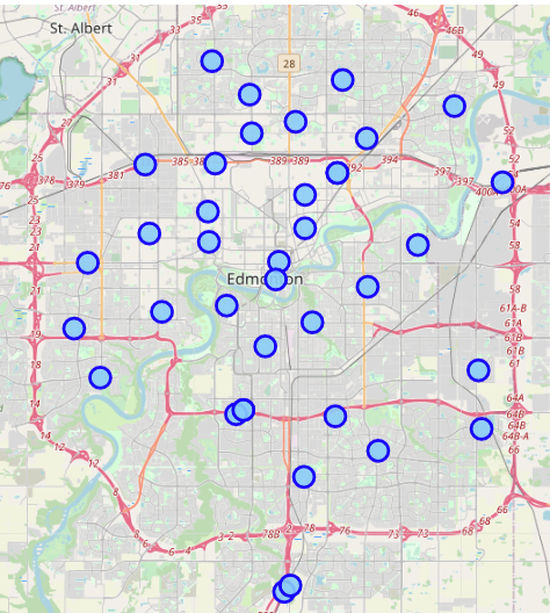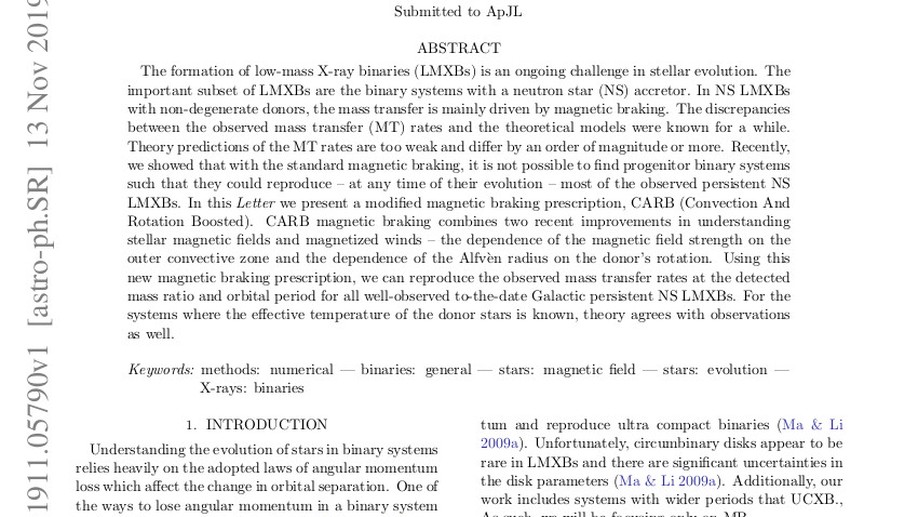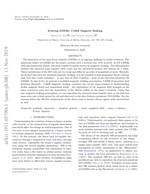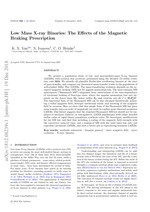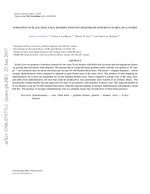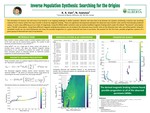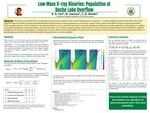About
Hi I’m Kenny and I have a passion for analytics and machine learning. I recently graduated with a Ph.D from the University of Alberta under the supervision of professor Natalia Ivanova. My research involved using a numerical simulations, statistical analysis and data visualization to model stellar systems resulting in numerous scientific publications. Throughout my graduate research I gained experience in machine learning, data analysis, and high performance computing. I am currently looking to start a career in data analytics or machine learning.
Image from Jakub Ostrowski Photography.
Interests
- Machine learning
- Data Analysis
- Data Visualization
